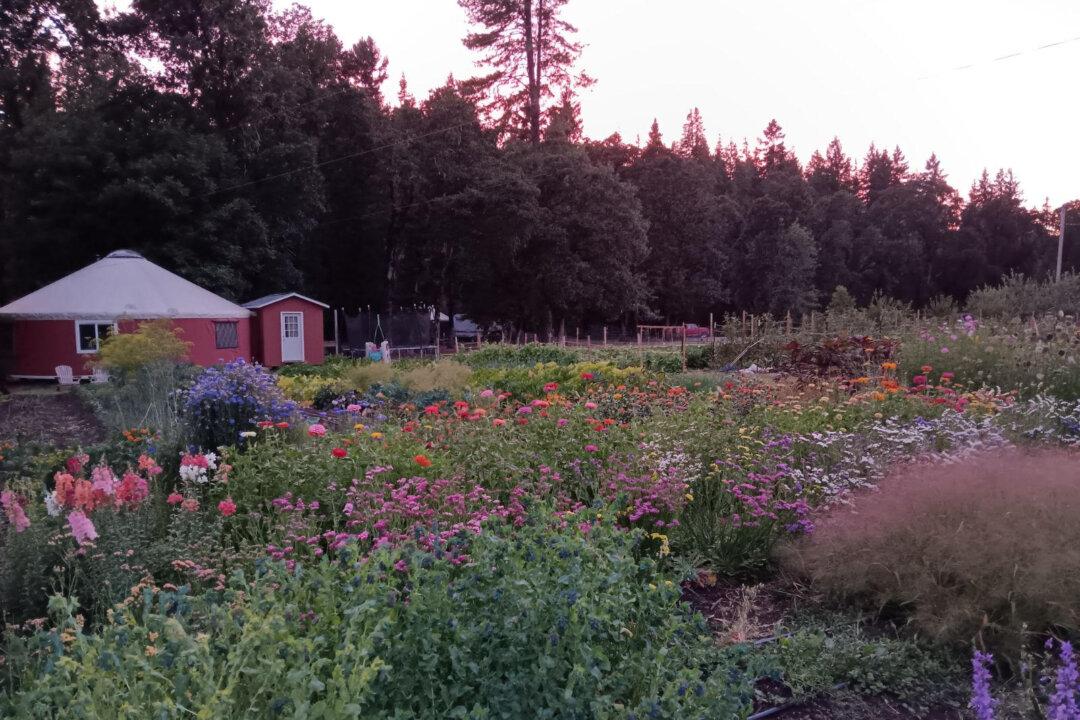Oregon’s plans to tighten groundwater rules face criticism as farmers complain the new rules will threaten their livelihoods.
The Oregon Water Resources Department (OWRD) on Feb. 22 proposed new rules introducing major changes to the state’s groundwater policy, and as the agency has opened the proposal for public comment, some conservationists are praising the changes while some agricultural groups and small farmers are pushing back.





